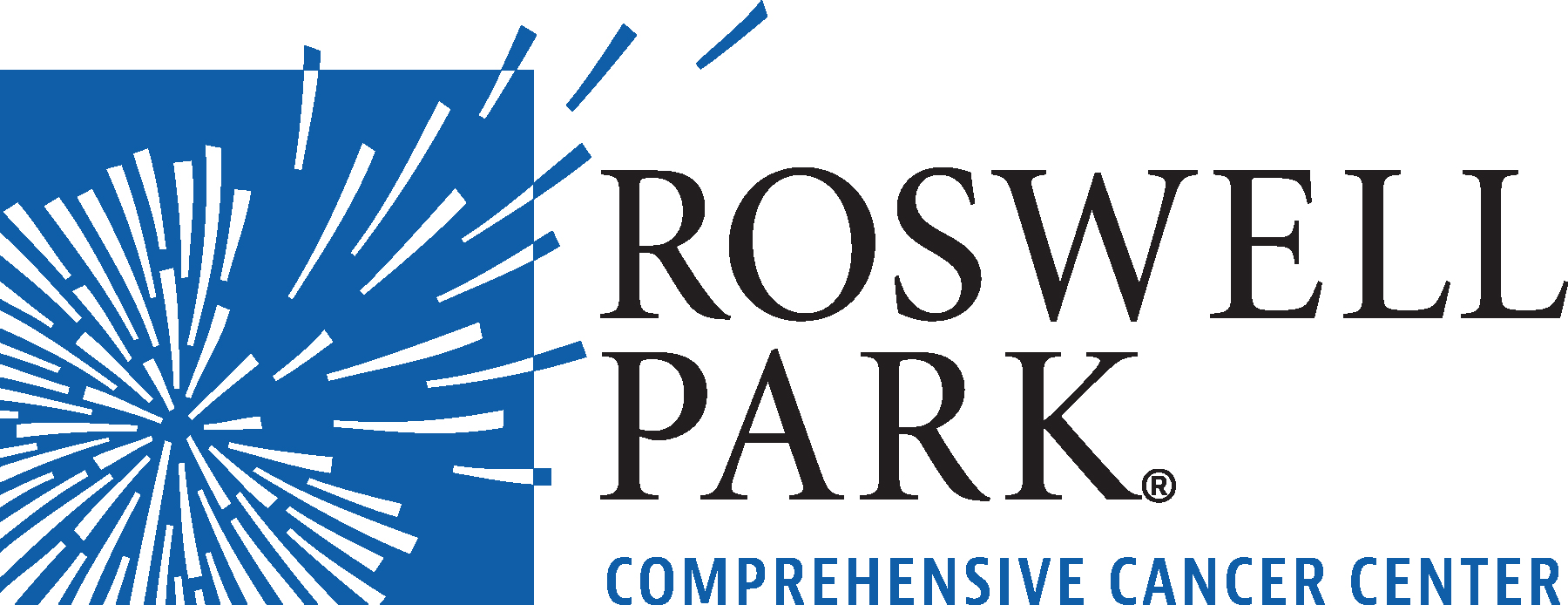Newswise — Although it's hard this time of year to stay out of the sun, it is important that we protect our skin from permanent damage. As the largest organ of the human body, skin protects us from heat, light, infection and injury. It also holds in water, keeping us from drying out, and manufactures vitamin D. Unfortunately, the epidemic 1.3 million new cases of skin cancer diagnosed each year in the United States proves that we're sorely neglecting our outermost covering.
According to current estimates, up to 50 percent of Americans will have skin cancer at least once before they retire. Most skin cancer is caused by repeated exposure to ultraviolet radiation from the sun. Artificial sources of UV radiation, such as tanning beds and sun lamps, also cause skin damage including wrinkles and leathery skin as well as cancer. Skin cancer may result, to a much lesser degree, from occupational exposure to coal, tar, pitch, creosote, radium or arsenic. Although anyone can develop skin cancer (including African-Americans, Asians and Hispanics), the risk is greatest for fair-skinned persons with red or blonde hair and light-colored eyes who don't tan but do freckle.
Most skin cancers are classified as either basal cell or squamous cell carcinomas. These are found mainly on those parts of the body that are directly exposed to the sun, such as the head, face, neck, hands and arms. They are the most easily treated. Another form of skin cancer, melanoma, is much more dangerous and can lead to serious complication, including death, if allowed to grow unchecked. " The primary warning sign for skin cancer is a change on the skin (especially a new growth) a sore that doesn't heal or a change in the color of an existing mole ," says Allan R. Oseroff, MD, PhD, Chairman , Roswell Park Cancer Institute's Department of Dermatology . "Everyone over the age of 18 should regularly examine their bodies. Remember that all skin cancers do not look alike. Changes in the skin are not sure signs of cancer. However, you should see a doctor if you have any suspicions about your skin, especially if the area does not hurt. Early-stage skin cancers seldom cause pain. " The diagnosis of skin cancer generally is made by removal of a small piece of skin (a biopsy) before treatment. Once an individual has been diagnosed with skin cancer, the chance of developing a new cancer within five years is very high. While about 95% of skin tumors, if detected early, can be cured.
" Prevention should be society's goal. Unlike many cancers that are not preventable, skin cancer could virtually disappear if every individual followed a comprehensive program of sun sense and safety ," continued Dr. Oseroff. "It is particularly important for adults to protect the skin of their children. Blistering sunburns in childhood or adolescence can lead to the development of melanoma in later life. "
Patients who have had a melanoma or who have abnormal or dysplastic moles have an increased risk of developing melanoma. They need regular careful skin exams to detect any changes. Roswell Park Cancer Institute (RPCI) has developed a digital imaging system that facilitates tracking these skin changes.
Also at RPCI, treatments for skin cancer include excisional surgery, microscopically controlled Mohs' surgery, currettage and electrodessication, laser therapy, topical drugs and radiation. Complex or cosmetically sensitive surgeries can be done in collaboration with the Plastic Surgery or Head and Neck services at RPCI. In addition to these approaches, Roswell Park is a world leader in the use of photodynamic therapy (PDT) for skin cancer. PDT uses a topical or systemic drug, together with bright red light, to eliminate the cancer without surgery. Most skin cancers can be treated in a single session. PDT also is effective for precancerous actinic keratoses and for reversing some signs of skin aging.
For more information about the dermatology program at Roswell Park Cancer Institute, please call 1-877-ASK-RPCI (1-877-275-7724).
Roswell Park Cancer Institute, founded in 1898, is the nation's first cancer research, treatment and education center and is the only National Cancer Institute- designated comprehensive cancer center in Upstate New York. RPCI is a member of the prestigious National Comprehensive Cancer Network, an alliance of the nation's leading cancer centers. For more information, visit RPCI's website at http://www.roswellpark.org, call 1-877-ASK-RPCI or e-mail [email protected].
